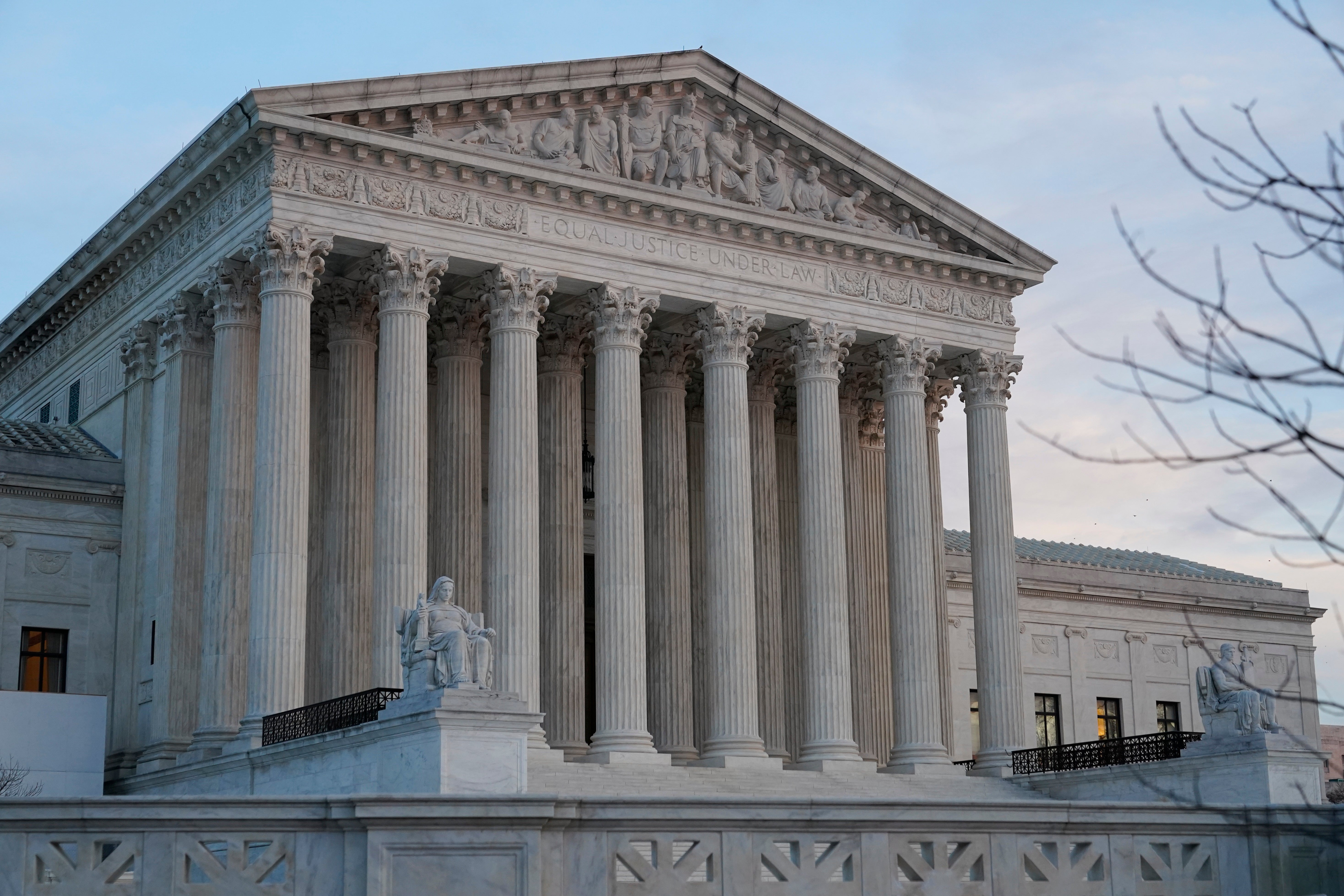Supreme Court rules against Puerto Rican journalists seeking records from financial oversight board
The Supreme Court has ruled against an organization of Puerto Rican journalists in its quest for documents from the financial oversight board created to deal with the island territory’s bankruptcy

Your support helps us to tell the story
From reproductive rights to climate change to Big Tech, The Independent is on the ground when the story is developing. Whether it's investigating the financials of Elon Musk's pro-Trump PAC or producing our latest documentary, 'The A Word', which shines a light on the American women fighting for reproductive rights, we know how important it is to parse out the facts from the messaging.
At such a critical moment in US history, we need reporters on the ground. Your donation allows us to keep sending journalists to speak to both sides of the story.
The Independent is trusted by Americans across the entire political spectrum. And unlike many other quality news outlets, we choose not to lock Americans out of our reporting and analysis with paywalls. We believe quality journalism should be available to everyone, paid for by those who can afford it.
Your support makes all the difference.The Supreme Court ruled Thursday against an organization of Puerto Rican journalists in its quest for documents from the financial oversight board created to deal with the island territory's bankruptcy.
The justices by an 8-1 vote reversed an appeals court ruling in favor of the Centro de Periodismo Investigativo, which has reported extensively on Puerto Rico's fiscal crisis and debt restructuring.
In 2016, Congress passed a law that created the control board that continues to oversee Puerto Rico's finances. The reporters' group is seeking an array of documents, including communications between the board's members and U.S. and Puerto Rican officials.
The board contends it is a part of the government of Puerto Rico and enjoys the same shield from federal lawsuits as the government.
But the Boston-based 1st U.S. Circuit Court of Appeals, which includes Puerto Rico, ruled that the 2016 law, known as PROMESA, eliminated the immunity from lawsuits, and allowed the claims of the reporters' group to proceed.
Writing for the court, Justice Elena Kagan said Congress has to speak clearly on this subject and nothing in PROMESA makes clear “that Congress deprived the board of sovereign immunity.”
Justice Clarence Thomas dissented.
Lourdes Rosado, president of the civil rights advocacy group LatinoJustice PRLDEF, said in a statement that the court's decision “allows this anti-democratic body to continue to withhold vital information on their decisions and actions affecting Puerto Rico’s economy and the lives of millions of people.”